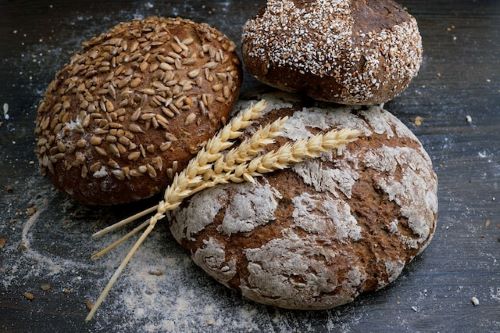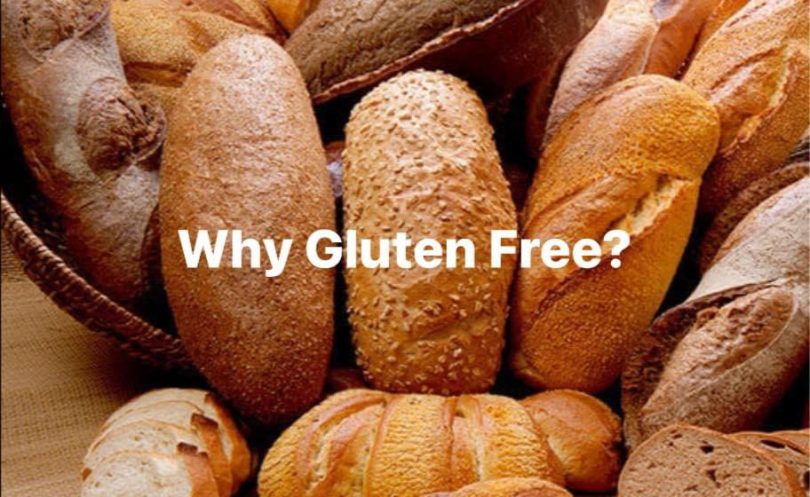A gluten free diet is recommended for people who suffer allergic reactions and intolerances when eating foods with wheat, barley and rye. Some people may experience more violent reactions than others. Some of these reactions range from streaming itchy eyes, to itchy throat and in some severe cases difficulty breathing. If you experience anaphylaxis (difficulty in breathing), it is imperative to call emergency services immediately. Others find they have a rash on their skin, nausea, vomiting, indigestion or unexplained nasal congestion and even headaches. There can also be severe bloating and even fatigue. If you are celiac or suffer irritable bowel syndrome, keeping to a gluten free diet is the safer alternative.
What is gluten?
It is a protein found in wheat and many other foods.

It causes inflammation in the gastrointestinal tract and this can be very uncomfortable. It is not an essential nutrient and is mainly found in bread, pasta, pizza, oats and cereals. However, having said this, it does not mean that switching unnecessarily to a gluten-free diet is a healthier choice. Gluten can also be found in beer, ale, lager, sweets, crisps, couscous, deli meats and even communion wafers. Vicars are sensitive to this and do offer alternatives. It is also found in spelt, which is not a widely known grain but one that was used a lot in past generations.
The difference between being celiac and gluten intolerant, is that celiac is an autoimmune disorder, whereas gluten intolerance is a sensitivity. Being celiac, ingesting gluten can cause long term harm to the body, whereas with an insensitivity it will disappear in a few hours.
How do I flush gluten out of my body?
Drink more water, take a digestive enzyme to help you break-down your food or a good probiotic to aid your gut flora. Eat fibre rich foods and enjoy lots of fresh fruit and vegetables. Exercise about an hour after eating, especially if it was a large meal. When my maternal grandparents were alive they always used to take a constitutional after dinner every evening. I like this idea and it makes sound and good health sense.

For those who suffer hay-fever or seasonal allergic rhinitis (this can be at different seasons throughout the year, not only spring or summer, but is known to affect many people in autumn too), it is advisable to switch to gluten free foods during that period of time.
Gluten intolerance can manifest almost immediately after ingesting certain foods or in other cases up to twelve hours or longer. I have suffered varying allergies over the years and react almost immediately if it is something my body cannot tolerate. This can be very unpleasant especially if you are dining out. There is nothing worse than being in a snuggly fitting dress to then experience the most horrendous bloating and pain. I would advise drinking warm peppermint tea which helps with digestion and going to the bathroom where you can massage your stomach from right to left in circular motion. I find this really helps to expel any trapped gas.
I am an expert in allergies and intolerances and here to help you. I have consulted babies to adults with a wide range of symptoms. In babies it is very often a severe reaction to milk, dairy products, eggs or if the mother is still breast-feeding, something she is eating. Allergies can be hereditary and very often I find that either the mother or father may have experienced something similar, or even and aunt, uncle or other close relative somewhere down the line. If you are not close enough for me to test you through a non-invasive muscle based test, I am able to advise you online.
Feel free to message me, I look forward to helping you resolve your symptoms.
To your Optimum Well-being
Catherine
Holistic Lifestyle Mentor & Natural Health Therapist



